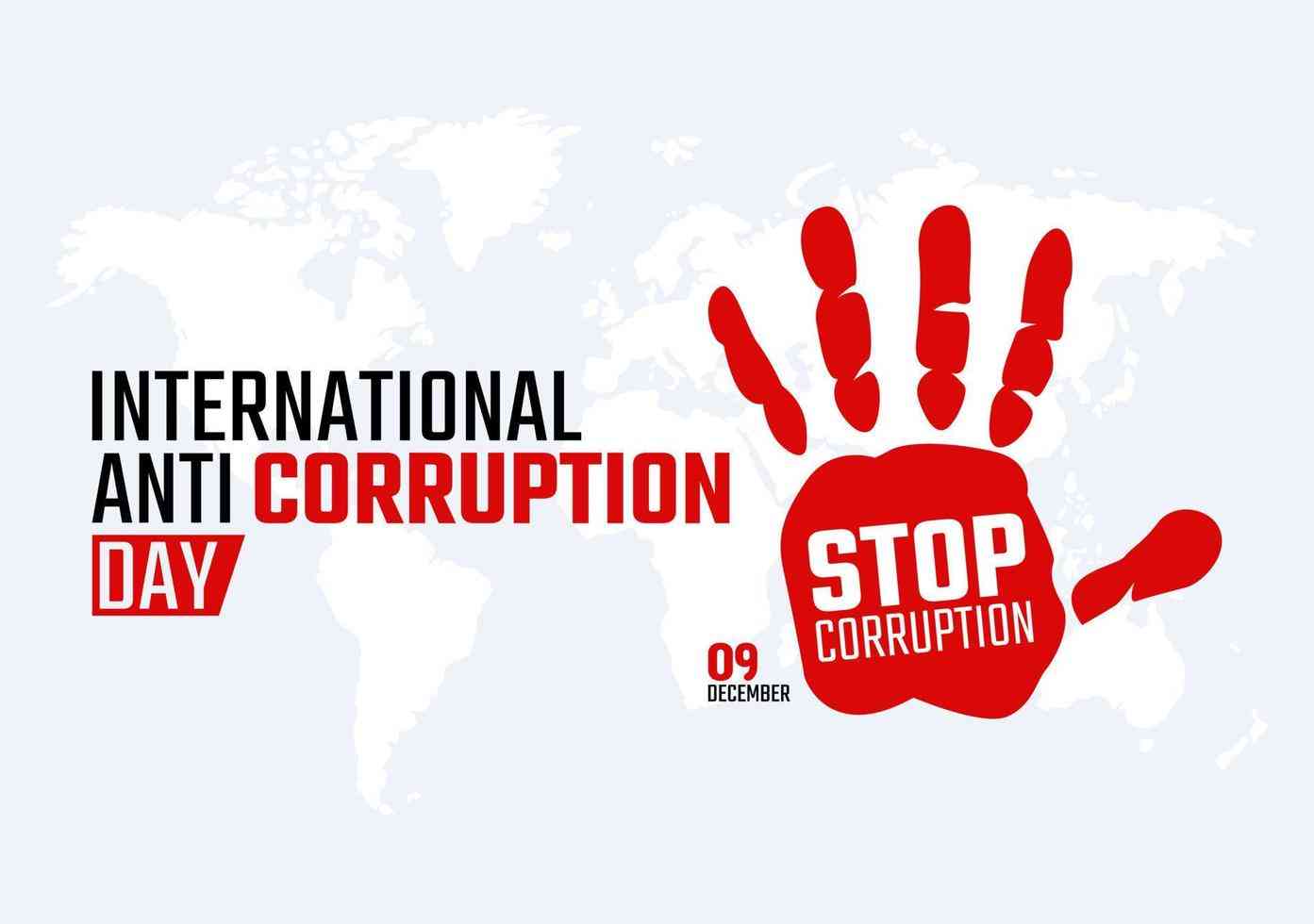
The Chamber of Mines of Zimbabwe (CoMZ) produced in October an important paper with illustrations of headwinds that have been threatening viability. Hefty power tariffs topped the list of problems that tormented the sector, along with steep fees, royalties and taxes.
In Zimbabwe, these cost centres are far high compared to those obtaining in the region.
Business lobbies have queried why these statutory obligations are exorbitant in Zimbabwe only. In response, authorities moved quickly to slash power tariffs to US10 cents, from US12 cents in November, as the drumbeat of complaints swelled.
But within a month, Finance Minister Mthuli Ncube announced new charges for lithium producers, for instance, which will exert fresh pressures to a sector that is only trying to find its feet. In other words, the government gave miners relief with one hand, but quickly withdrew it with the other. In the end, there was little or no relief. During a period when so much is expected from the industry in terms of foreign currency inflows, miners’ circumstances remain dire, compounded by steeper falls in international commodity prices.
Everyone agrees that Zimbabwe must benefit from its minerals. Resources have transformed many of the world’s economies, and Zimbabwe must also benefit. But such achievements cannot be made if producers are buffeted with avoidable heavy statutory costs.
During the 12 months to October 2023, the prices of critical minerals produced in Zimbabwe dropped with rhodium falling by -74%, lithium -69%, palladium -41%, diamonds -60% and nickel -8%. In contrast, overheads rampaged in the Zimbabwean market, propelled by power tariffs, which rocketed by more than 40%. As we report elsewhere, the CoMZ said royalties for platinum climbed by 180% from 2,5% to 5%.
Lithium royalties increased by more than 100%.
As the industry warned, the threat of bankruptcies has been haunting the sector and it could be only a matter of time before the situation bolts out of control. In the midst of all this, we had Zhemu Soda, the Minister of Mines and Mining Development this week claiming that he had not been approached by the industry.
- Mines propose fresh power import deal
- Motorist robbed while relieving self
- RBZ shifts blame to companies
- Forex retention policies ruin mines
Keep Reading
As Minister of Energy and Power Development before his reassignment to mines after the August 2023 polls, these were the same issues that Soda grappled with as business and government battled to find a viable formula.
He also set in the same Cabinet where crucial economic decisions were made. It makes his claims that he is not aware of these issues irregular. Soda must not wait until mines start folding before he takes action. He must act now.
A viable solution that takes into consideration the need for Zimbabweans to benefit from minerals, while protecting miners must be found. And the man at the helm of that important task is Soda and his team at the Ministry of Mines.
One of the reasons behind Cabinet reshuffles is the need to bring fresh ideas and perspectives to ministries to bolster economic growth initiatives. The mining industry must benefit from such important changes.










